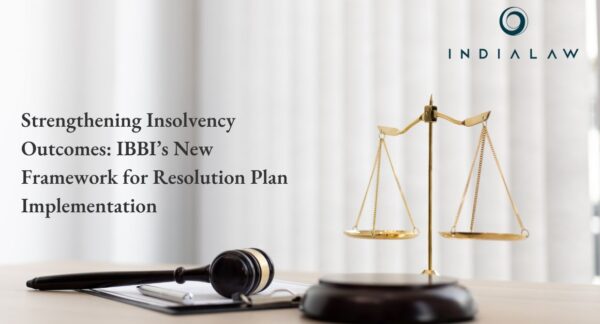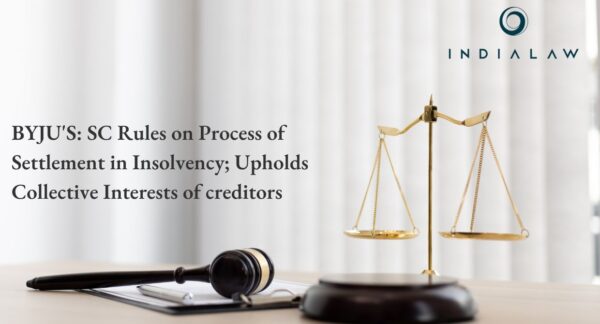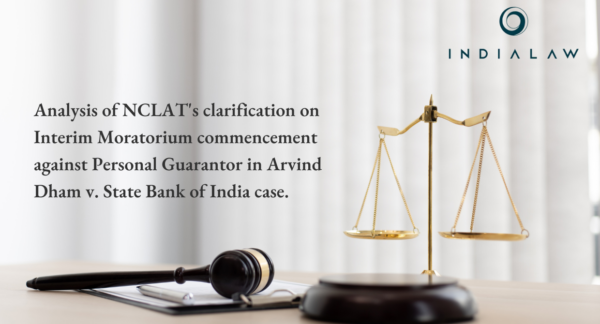Tag: CIRP

CoC’s Unfettered Authority vs. RP’s Regulation 39(1A) Limitation
On 28 March 2025, the National Company Law Appellate Tribunal (NCLAT) delivered a significant judgment in the case of Sagar Stone Industries vs. Sajjan Kumar Dokania & Ors., dismissing two appeals filed by an unsuccessful

Analysis of the Jet Airways Insolvency Case and the Shortcomings of the IBC, 2016
The Jet Airways (India) Limited insolvency case has garnered significant attention as it highlights critical aspects of the Insolvency and Bankruptcy Code (IBC), 2016, and the challenges associated with corporate resolution processes in India. This

Strengthening Insolvency Outcomes: IBBI’s New Framework for Resolution Plan Implementation
The Insolvency and Bankruptcy Board of India (IBBI) has introduced the much needed proposal to enhance transparency and efficiency in implementing resolution plans under the Insolvency and Bankruptcy Code (IBC), 2016. In its latest discussion

BYJU’S: SC Rules on Process of Settlement in Insolvency; Upholds Collective Interests of creditors
In a significant judgment, the Supreme Court of India recently adjudicated on critical aspects of the Insolvency and Bankruptcy Code (IBC) in the case of GLAS Trust Company LLC vs. BYJU Raveendran & Ors. The

Whether A Cost Incurred By Resolution Professional During CIRP Qualifies as CIRP Cost?
Introduction In a recent ruling dated 14.05.2024, in the case of Avil Menezes (Liquidator) v. Abdul Qudduskhan and Anr,[i] the Hon’ble NCLAT, New Delhi, clarified that the mere fact that dues have arisen during the

“NCLAT clarify when Interim moratorium commences against the Personal Guarantor, If Section 95 Application is not filed before proper jurisdictional NCLT” – An Analysis of the Mr Arvind Dham v. State Bank of India and Anr. Case.
Introduction: The case of Mr Arvind Dham v. State Bank of India and Anr. revolves around the admission of Section 95(1) application filed by the State Bank of India against the appellant, Mr Arvind Dham,
- Arbitration and Conciliation
- Banking and Finance
- Bankruptcy Code – Public Announcements
- Civil
- Commercial litigation
- Commercial/Corporate
- Competition act
- Criminal
- Cyber Law
- Debt Recovery
- Environment
- Family Law
- Food
- IL News
- Infrastructure
- Insolvency & Bankruptcy
- Insurance
- Intellectual Property Rights
- International
- Labour
- Law
- Medico-Legal
- Negotiable Instrument
- NRI Laws
- Policy
- Power
- Real Estate
- Tax

